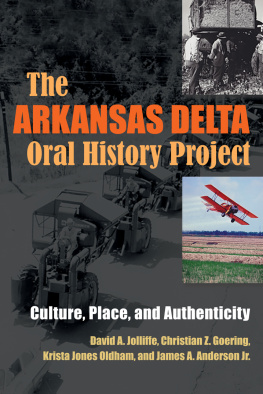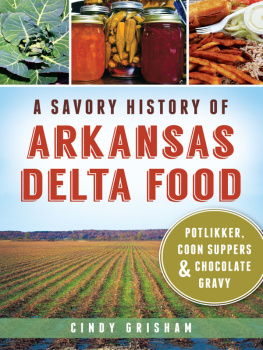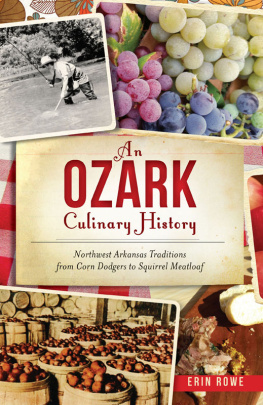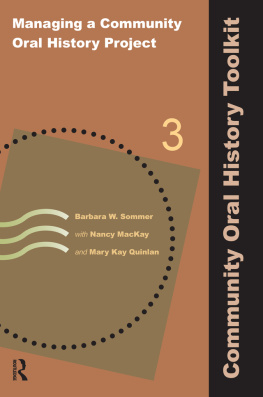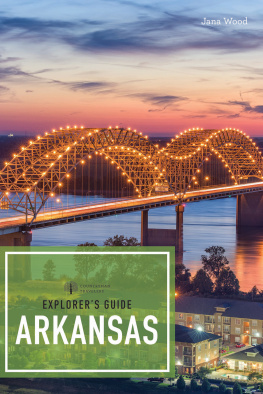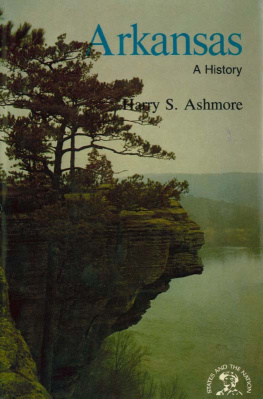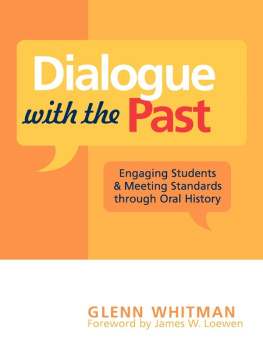

Syracuse University Presss Writing, Culture, and Community Practices series is distinguished by works that move between disciplinary identity and community practices to address how literacies and writing projects empower a population and promote social change.
Other titles in Writing, Culture, and Community Practices
Writing Suburban Citizenship: Place-Conscious Education and the Conundrum of Suburbia
Robert E. Brooke, ed.

Copyright 2016 by Syracuse University Press
Syracuse, New York 13244-5290
All Rights Reserved
First Edition 2016
16 17 18 19 20 21 6 5 4 3 2 1
The paper used in this publication meets the minimum requirements of the American National Standard for Information SciencesPermanence of Paper for Printed Library Materials, ANSI Z39.48-1992.
For a listing of books published and distributed by Syracuse University Press, visit www.SyracuseUniversityPress.syr.edu.
ISBN: 978-0-8156-3481-2 (hardcover)
978-0-8156-3466-9 (paperback)
978-0-8156-5378-3 (e-book)
Library of Congress Cataloging-in-Publication Data
Available upon request from the publisher.
Manufactured in the United States of America
Table of Contents
Guide
Page List
Contents
Foreword
UNIVERSITIES, AND WRITING PROGRAMS IN PARTICULAR, have long experimented with classes and projects that take students into local communities. Under certain conditions (Mathieu 2005), such endeavors can result in the genuine transformation of both university students and the communities in which they serve. Frequently, though, community-engaged teaching prioritizes student learningin forms that fit neatly into a semester, and whose successes are meant to be assessed within the college classroom contextover creating actual change in communities beyond the college classroom (Stoecker 2016).
The Arkansas Delta Oral History Project (ADOHP) documents the experimentation, commitment, and continual self-reflection required to create a program that has the potential to change both university students and the communities in which they undertake literacy work. But the ADOHP also asks us to extend our vision beyond the local university community to consider the entire region that a university serves. In doing so, this book helps us see what universities owe not only to the cities and towns in which they are located, but also to the rural areasoften vast rural areasthat are typically overlooked in community-based teaching and learning. As the authors note, beyond agricultural extension offices, many state university systems have little to no presence in the rural regions of their states.
As you read this book, consider these two questions: What do we, as literacy scholars and teachers, owe to the regions where we teach? What do our students owe to the regions where they learn? When it comes to rural places, one critical need is helping youth negotiate relationships with their home regions and with hopes for their futures. The authors detail the pressures for out-migration that high school students face in the Arkansas Delta, and others have documented the ways rural students (Corbett 2007; Carr and Kefalas 2009) and adults (Donehower 2013) feel pulled between leaving, staying, or trying to negotiate some other kind of relationship with the place they call home. Literacy projects, such as the ADOHP, have the potential to encourage strong partnerships between rural schools and local colleges and universities.
The type of literacy that emerges in the ADOHP is akin to what Ursula Kelly, in Migration and Education in a Multicultural World: Culture, Loss, and Identity (2009), calls a critical civic emotional literacy. Kelly argues that we need such a literacy to explore the emotional and ethical effects of neoliberalism, industrialization, and postcolonialism on attachments to both place and personal identityparticularly to places, many of them rural, that have been radically altered by these forces. Kelly acknowledges the emotional work, as well as the critical consciousness, needed to go beyond feelings of nostalgia or solastalgia about threatened places and to move toward the urge to do right by that which has been lost, or gone: to repair (109). (Whereas nostalgia is generally a positive emotion toward what has been lost, solastalgia involves feelings of anger or blame about places that have been destroyed.)
The possibilities of repair are greatly enhanced when literacy work can build coalitions among the people from a particular place and people who have come to feel connected to that place, and who wish to explore ways to stay connected to it. Critical civic emotional literacy needs to be experienced by all participants in the community project, from the Brown Chair in English Literacy that heads up the ADOHP, to the other university faculty and administrators involved in the project, to the graduate and undergraduate students who participate, to the K12 teachers in the Delta schools, to the Delta students themselves.
Too often, however, scholarship about local contexts and the potential unwieldiness of bringing participants together can either remain abstract or so particular that imagining transferability can be difficult for readers. Not so with the ADOHP. From sharing candidly the logistical challenges of literally bringing college students and high school students together from far-flung placesand the pedagogical impact of such challengesto grounding readers in the important historical and cultural context of the Delta, readers are able to witness negotiations and collaborations by various stakeholders as they seek critical civic emotional literacy. Even the structure of the book itself enacts the collaborative, participatory work by all involved, as the authors situate readers not just with theoretical underpinnings of the ADOHP but also with local histories themselves in ways that supplement, rather than overtake, the student projects.
The themes of the projects highlighted in the body of the bookreligion, food, and raceallow the authors to best showcase how a critical civic emotional literacy was sought or achieved. To do so, the work is framed through the lens of David Gruenewalds (2003) reciprocal processes of decolonization and reinhabitation, or challenging the education of dominant culture in seeking to repair inhabitation amid damaged spaces. Though not without challenges described along the way, readers learn about the process and products of the literacy endeavors with the goal of fostering change within classrooms and communities. The university student Laine Gates, for example, analyzes the impact for Delta residents of Act 1220, passed by the Arkansas legislature to reduce obesity. Gates conducted research on the histories of local and regional foodways, underscored by two interviews she did with high school women in the Delta that led her to concretely challenge the recommendations in Act 1220.
In , highlighting ADOHP projects on race relations, the authors openly, and with an awareness of their own privileged positions, reveal the realities for many Delta students invested in studying race: the opportunity had simply not been provided to them a half century after desegregation. Resulting projects, such as a portfolio about a 197172 local boycott, demonstrates well how the structure of a program like the ADOHP invites work that engages decolonization. In the final chapter, the authors specifically address ideas of reinhabitation, or how projects like the ADOHP can move beyond its parameters to foster real economic change in a region, focusing on the ways storytelling and personal relationships are critical to efforts for sustainability on a range of fronts.
Next page
